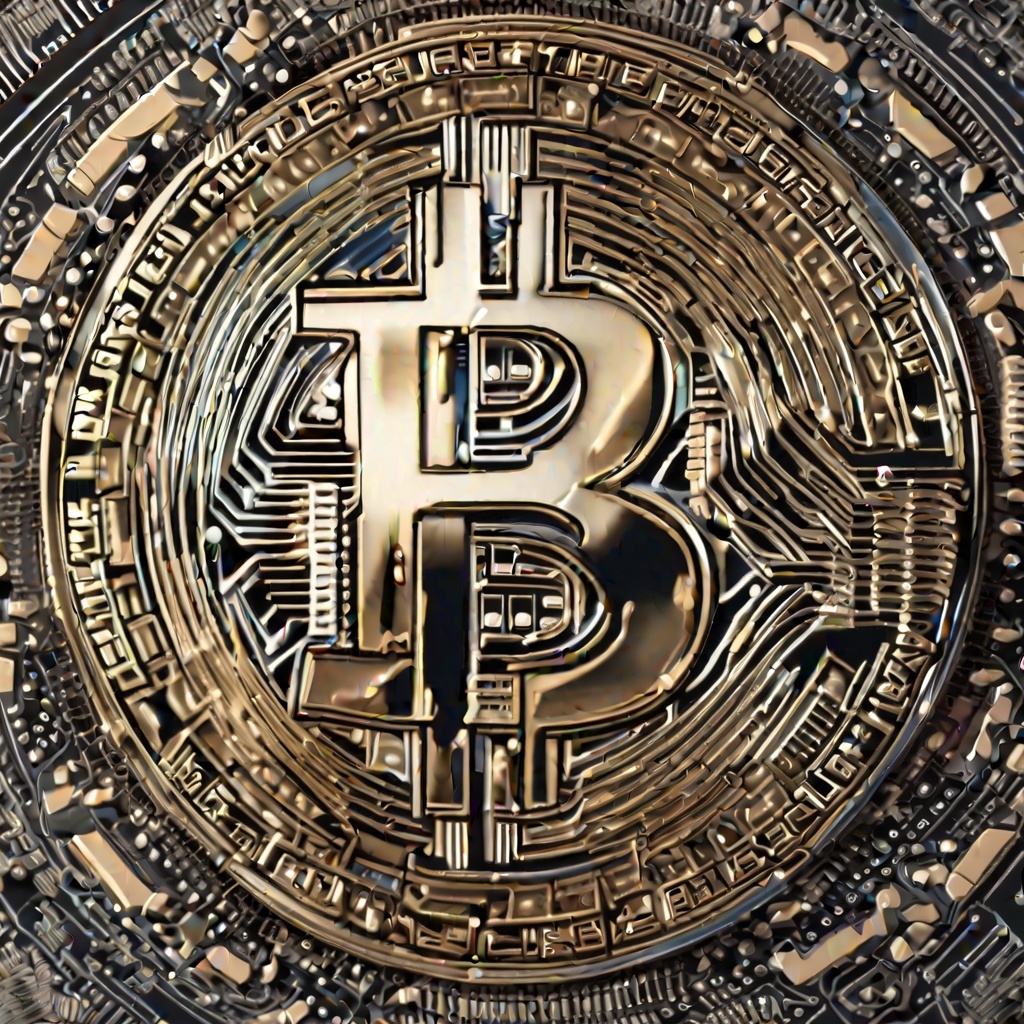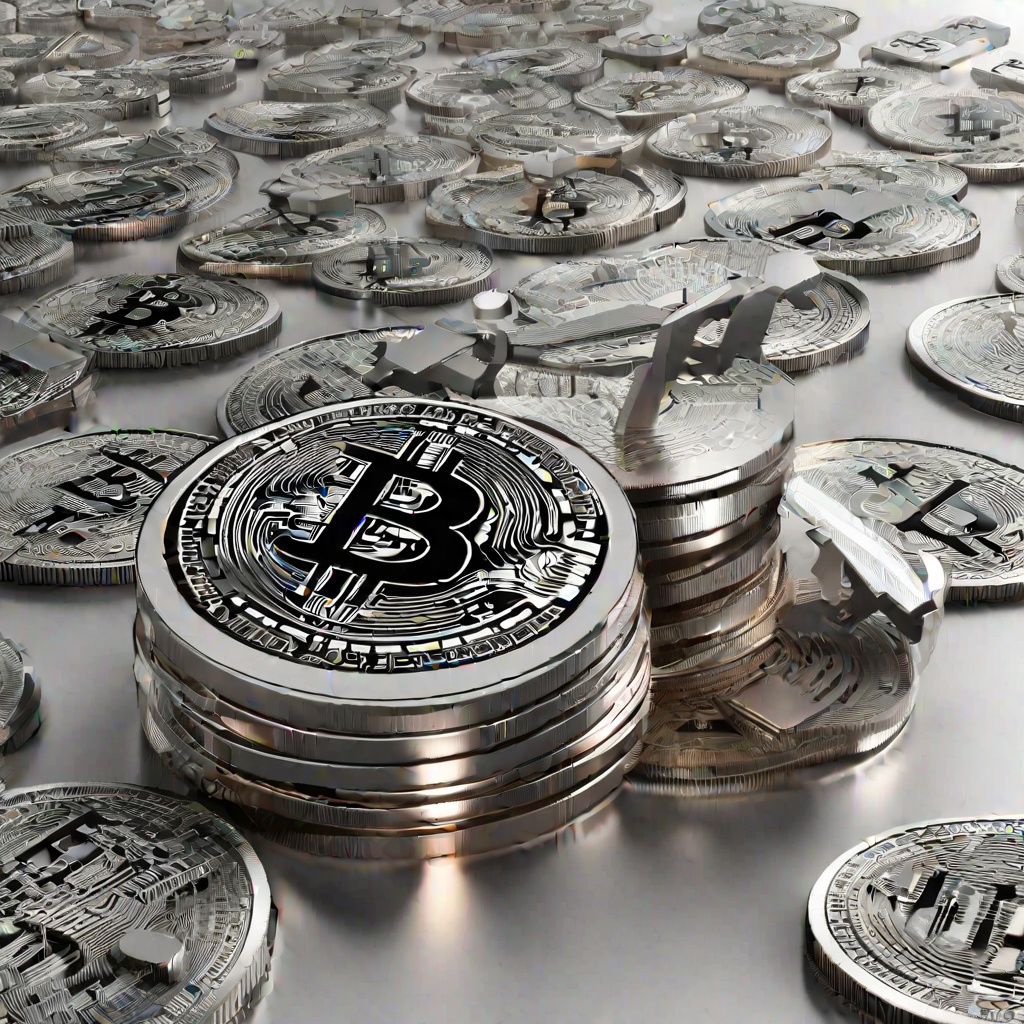Are there fake Bitcoin wallets?Step 1: Scammers create a fake cryptocurrency wallet platform or app. This could be a website that mimics a legitimate wallet provider or a counterfeit mobile app available for download in app stores. Fake wallets might use similar domain names, logos, and user interfaces to real wallet providers to appear authentic.
Scammers create fake Bitcoin wallet platforms or apps, which imitate legitimate providers with similar domain names, logos, and user interfaces to appear authentic, aiming to deceive users.

Are 'Coiny' scammers?
I've been hearing some rumors lately about a cryptocurrency project called 'Coiny' and whether or not they're legitimate. Can you shed some light on the situation? Are 'Coiny' scammers, or is there a legitimate business behind this project? I'd like to hear your thoughts on their team, their track record, and any other factors that might indicate whether they're trustworthy or not. Additionally, what advice would you give to investors who are considering putting their money into 'Coiny' or any other cryptocurrency project?

Are scammers banking on what you don't know about cryptocurrency?
Are you aware of the potential risks involved in cryptocurrency investments? With the increasing popularity of digital currencies, scammers are taking advantage of people's lack of knowledge and experience in this field. They may use sophisticated tactics to lure unsuspecting investors into fraudulent schemes, promising high returns with little to no risk. It's important to be cautious and do your research before investing in any cryptocurrency. Have you taken the necessary steps to protect yourself from these scams?

How much cryptocurrency has been stolen by scammers?
Can you provide an estimate of the total amount of cryptocurrency that has been stolen by scammers in recent years? It's a pressing concern for investors and crypto enthusiasts alike, and it's important to understand the scale of the issue. Have there been any notable trends or patterns in these scams that we should be aware of? Additionally, what measures are being taken to prevent future thefts and protect the cryptocurrency ecosystem?

How do scammers ask people to pay with cryptocurrency?
Could you please elaborate on the tactics that scammers employ to persuade individuals to pay using cryptocurrency? Do they often pose as legitimate businesses or individuals, offering unrealistic deals or services in exchange for digital currency? Are there any common tricks or ploys that they use to lure in unsuspecting victims? How can individuals protect themselves from falling victim to such scams, especially when it comes to transactions involving cryptocurrency?

